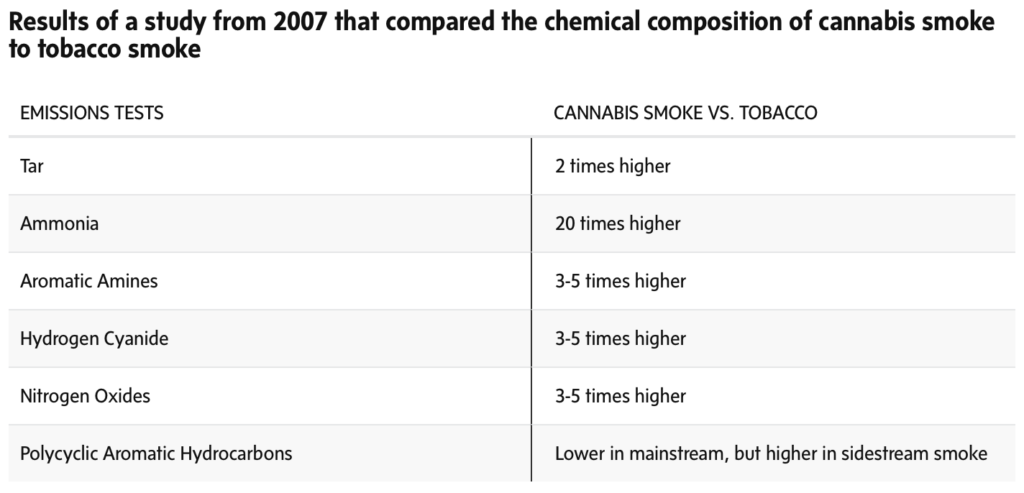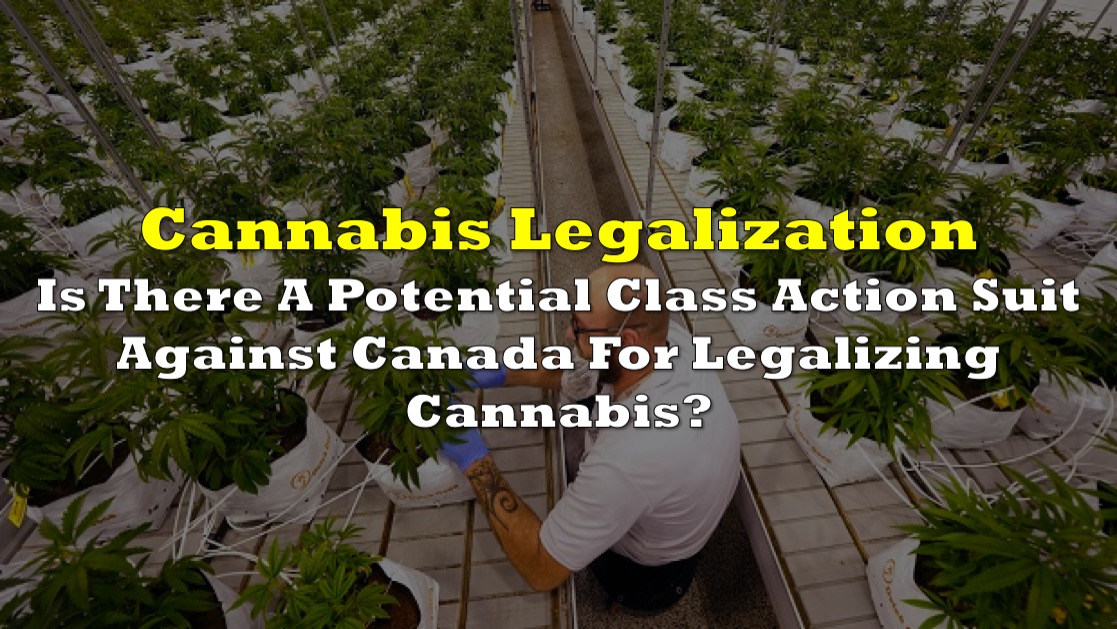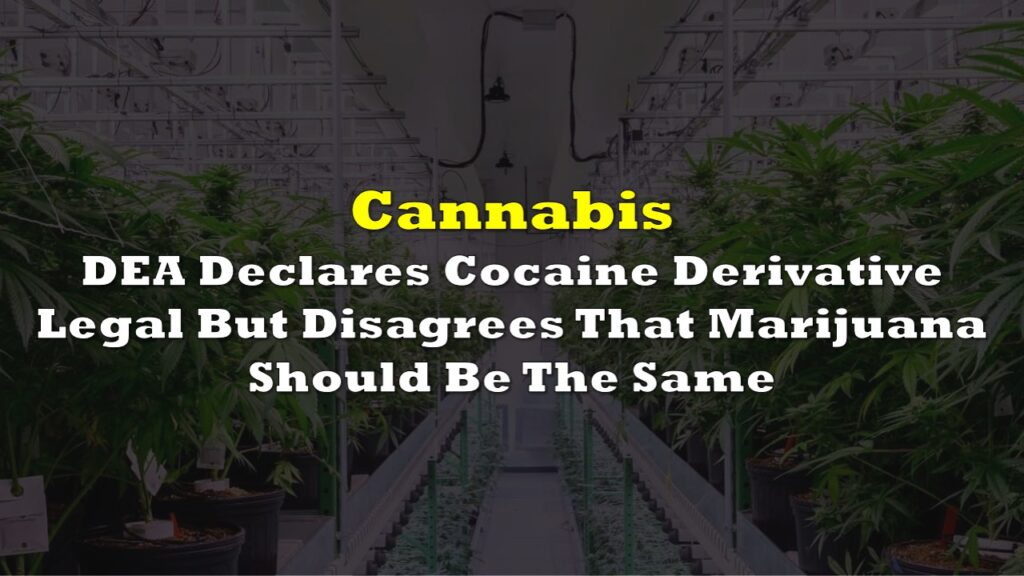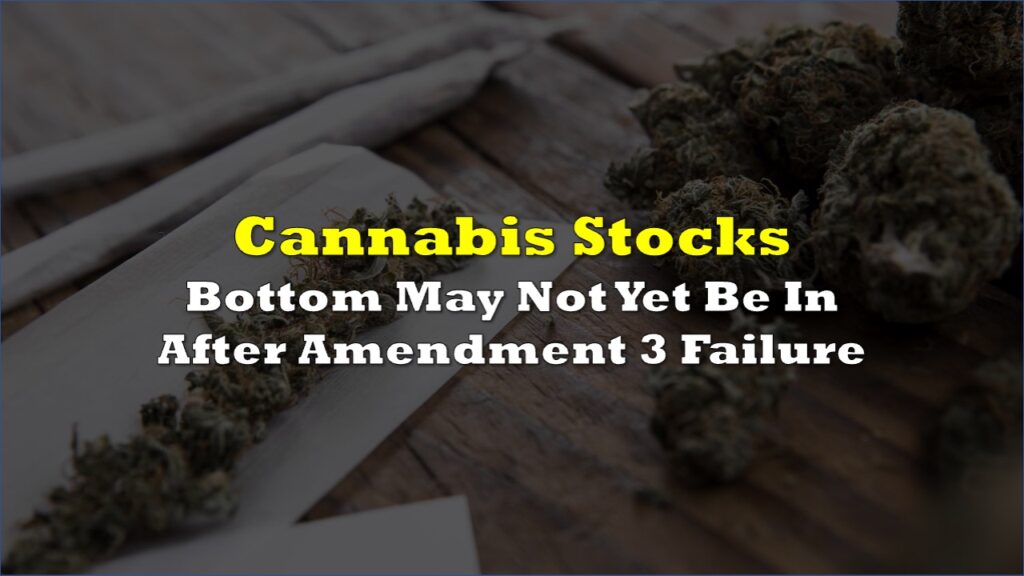Almost five years after Canada legalized recreational cannabis, the nation is facing a lack of critical research on the potential health effects of frequent cannabis consumption. Anne McLellan, a former federal health minister and deputy prime minister, who was instrumental in the task force that laid the groundwork for legalization, expressed disappointment that the promised research has not materialized.
“The big disappointment coming out of the legalization project is that governments and researchers have not stepped up in the way that we had hoped after legalization to do a lot of that research,” McLellan said in an interview with The Globe And Mail. “There is a lot that we do not know that we are going to need to know.”
As she pointed out, despite the expectation that the government and researchers would conduct comprehensive studies on cannabis smoke emissions and toxicity, no such initiatives were ever mandated or incentivized by the federal regulations. The absence of this research has left Canadians uninformed about the risks associated with cannabis consumption, particularly as newer and stronger products, including concentrates and vapes, flood the market.
Surprisingly, polls show that the public perceives cannabis smoking to be less harmful than tobacco smoking, despite limited research indicating that the risks of severe illnesses like lung cancer from cannabis smoke could be even greater than from tobacco smoke. Data from Health Canada’s 2021 Canadian Cannabis Survey reveals that among the country’s cannabis consumers, 95% perceive tobacco smoking as having at least a moderate risk. In contrast, only half of them attributed the same level of risk to smoking cannabis.
Attempts by concerned scientists, physicians, and industry executives to push the government towards ensuring cannabis emissions undergo similar testing standards as tobacco have been met with obstacles and indifference. The medical advisory board, led by Ken Weisbrod, has made efforts to raise awareness, but progress has been slow.
“We just want to have a conversation about what exactly we are consuming, and for whatever reason that has just not been able to happen,” said Weisbrod. “In multiple conversations with government officials, bureaucrats and politicians, everybody just nods their head and then nothing happens. We are getting radio silence.”
The cannabis industry, facing financial struggles, has little incentive to challenge public perception, as smoking remains the most popular and profitable segment. This lack of testing raises concerns that consumers may unknowingly be inhaling toxic substances, especially with the rise of potent cannabis products.
Health Canada has focused mainly on mental health risks related to cannabis use and has not taken significant steps to address the health effects of cannabis smoke. Packaging warnings currently provided by the government do not necessarily mention smoking-related health risks, leaving consumers largely uninformed.
Some experts warn that the government may face legal liability similar to the claims against the tobacco industry if it fails to act promptly. McLellan, who served as a law professor at the University of Alberta prior to entering politics, asserted that there is a “potential” risk of a class-action lawsuit facing the government, although she emphasized that this possibility might only materialize 10 to 15 years in the future, allowing ample time for further research to be conducted.
The latest study commissioned by Health Canada on cannabis emissions was published in 2013, which was five years before cannabis legalization in 2018. This study was based on testing conducted in 2005 by Labstat International Inc., located in Kitchener, Ontario. The cannabis samples used in the tests were provided by Prairie Plant Systems Inc., based in Saskatoon, and were from a single harvest in May 2004. Subsequently, Prairie Plant Systems Inc. was acquired by CanniMed Therapeutics Inc.
Put simply, very little, if any, of the cannabis harvested in Canada during the last two decades has undergone emissions and toxicity testing.

To address these issues, experts call for comprehensive testing of cannabis emissions and toxicity, similar to that required for tobacco products. The current lack of research and information on cannabis smoke’s effects poses a significant health risk to consumers, warranting urgent action from the government.
Even though it has been five years since legalization, McLellan believes it is still early days for this new era. Despite her disappointment that research has not yet materialized, she remains hopeful that consumers will eventually gain access to the necessary information to make informed decisions about cannabis. She sees this as the beginning of a process, but expresses concern that the lack of research is a problem that needs to be addressed.
Information for this briefing was found via The Globe And Mail and the sources mentioned. The author has no securities or affiliations related to this organization. Not a recommendation to buy or sell. Always do additional research and consult a professional before purchasing a security. The author holds no licenses.









